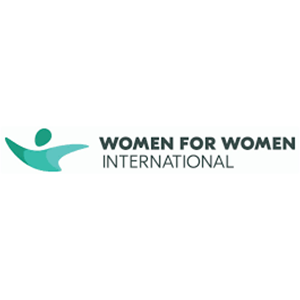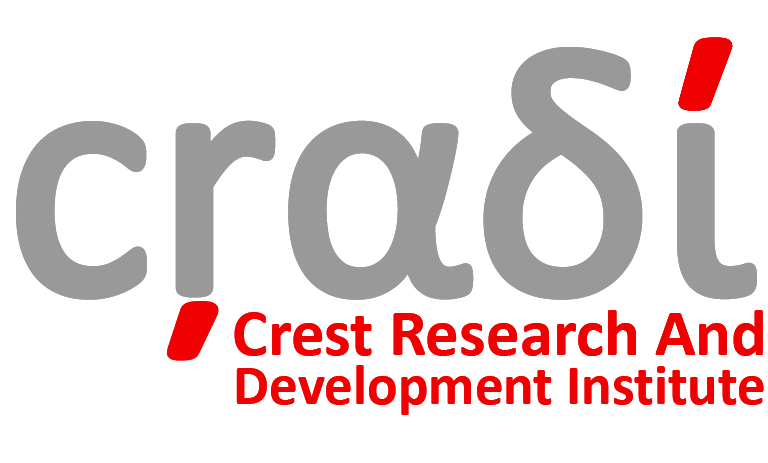
Objective:
Supporting Women’s Rights
Practice Area:
Developmental Aid & Partnership
Status:
Completed
Locations:
Nigeria - Plateau, Bauchi and Kaduna.
Start Date:
March 2023
End Date:
March 2023
Project Summary
Women for Women International (WfWI), in collaboration with Saferworld and Women’s International League for Peace and Freedom (WILPF) implemented the second phase of a project titled “The Resourcing Change Phase II: Supporting Women’s Rights Organisations (WROs) and Women’s networks in Fragile and Conflict-Affected States (FCAS)”.  The initiative is a follow-up to the first Resourcing Change project, funded by Conflict Stability and Security Funds (CSSF) and implemented by a Consortium led by Saferworld, consisting of WILPF and WfWI, from July 2021 – June 2022. The program’s second phase started from November 2022 – 2024, implemented in Nigeria by WILPF in the south and WfWI in the North. WfWI is working in partnership with six Women’s Rights Organisations (WROs) in three States, Bauchi (2), Plateau (3), and Kaduna (1). The 6 WROs are sub-granted funds to implement activities and are also receiving capacity-strengthening support.
The initiative is a follow-up to the first Resourcing Change project, funded by Conflict Stability and Security Funds (CSSF) and implemented by a Consortium led by Saferworld, consisting of WILPF and WfWI, from July 2021 – June 2022. The program’s second phase started from November 2022 – 2024, implemented in Nigeria by WILPF in the south and WfWI in the North. WfWI is working in partnership with six Women’s Rights Organisations (WROs) in three States, Bauchi (2), Plateau (3), and Kaduna (1). The 6 WROs are sub-granted funds to implement activities and are also receiving capacity-strengthening support.
The project supported the WROs’ response to their self-identified needs and barriers of WROs and women’s networks by applying a rights-based, gender transformative approach, and feminist accompaniment lens, to catalyse change and enable them to incrementally independently lead work based on their own priorities, promote gender-transformative peace and security, respond to the needs rights of women, girls and other marginalised groups, including by strengthening their organisational capacities and creating convening and peer learning spaces to strengthen their movements and networks.
OUTCOME HARVEST
Crest Research and Development Institute (CRADI) was commissioned by Women for Women International to conduct an outcome harvest for the project, focusing on gathering responses from stakeholders and direct beneficiaries in accordance with the project’s identified outcomes. The harvest aimed to identify, document, and report remarkable instances of outcomes achieved by the Women for Women International project in Plateau, Kaduna, and Bauchi states, Nigeria, and to understand the factors and conditions that contributed to these achievements.
The outcome harvest was conducted across the three states where the project was implemented: Plateau (Women Initiative for Sustainable Community Development (WISCOD), Christian Women for Excellence and Empowerment in Nigerian Society (CWEENS), and Women and Girl-Child Rescue and Development Initiative (WGRDI)); Kaduna (Speak for Life Cancer Prevention Initiative (SFLCPI)); and Bauchi (Attah Sisters Helping Hands Foundation (ASHHF)) and Child is Gold Foundation (CiGF).
The harvest employed a mixed-methods approach to achieve its objectives. This involved combining qualitative and quantitative results-based approaches to bring together the perspectives of various stakeholders through a participatory process that specifically included key stakeholders such as women’s rights organizations, project beneficiaries, and other relevant parties. Additionally, the evaluation was guided by the resourcing change project’s Theory of Change and logical framework. Unique cases were identified, mapped, and reported in accordance with the requirements for learning, accountability to donors, and alignment with the project’s needs.
Project Gallery












